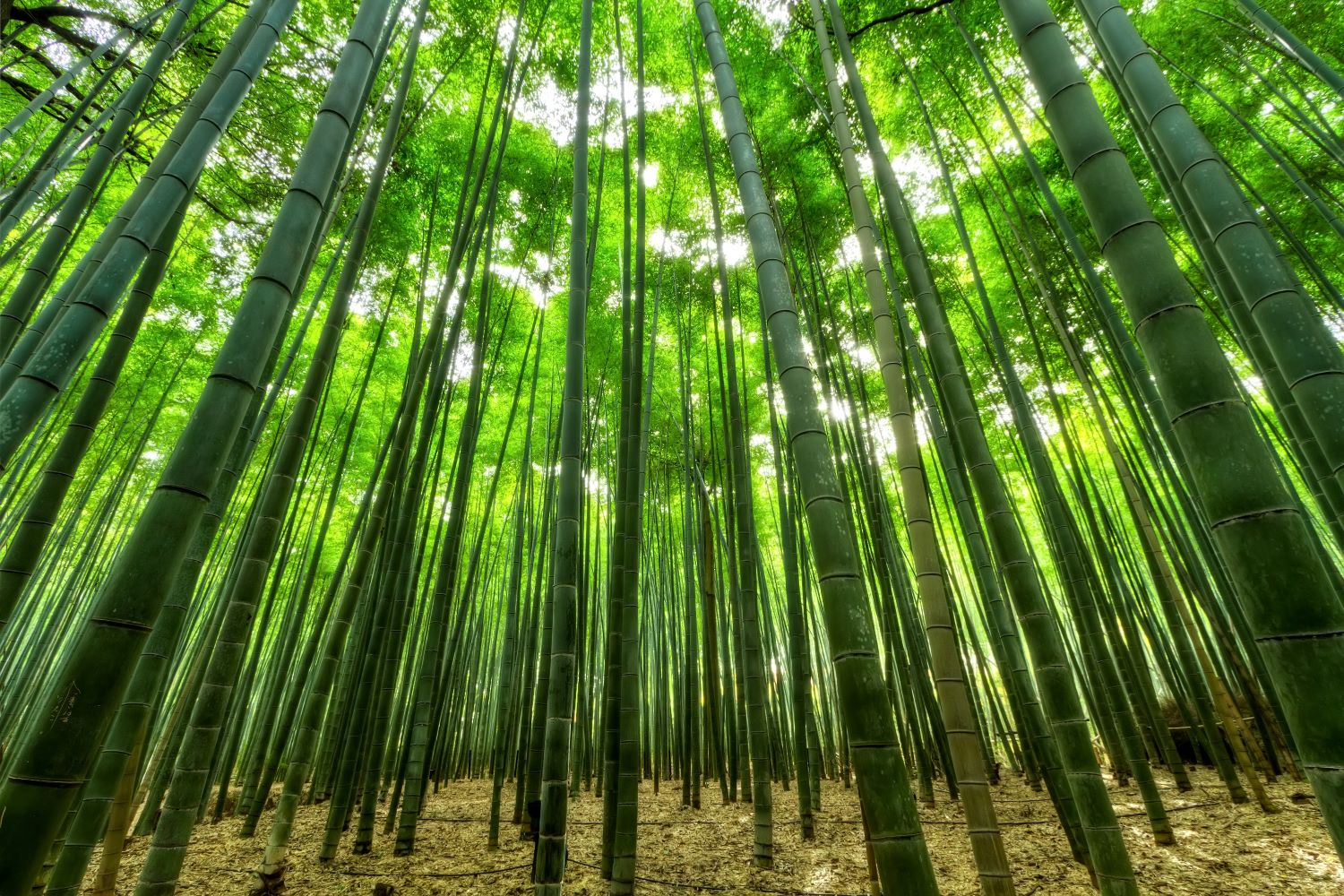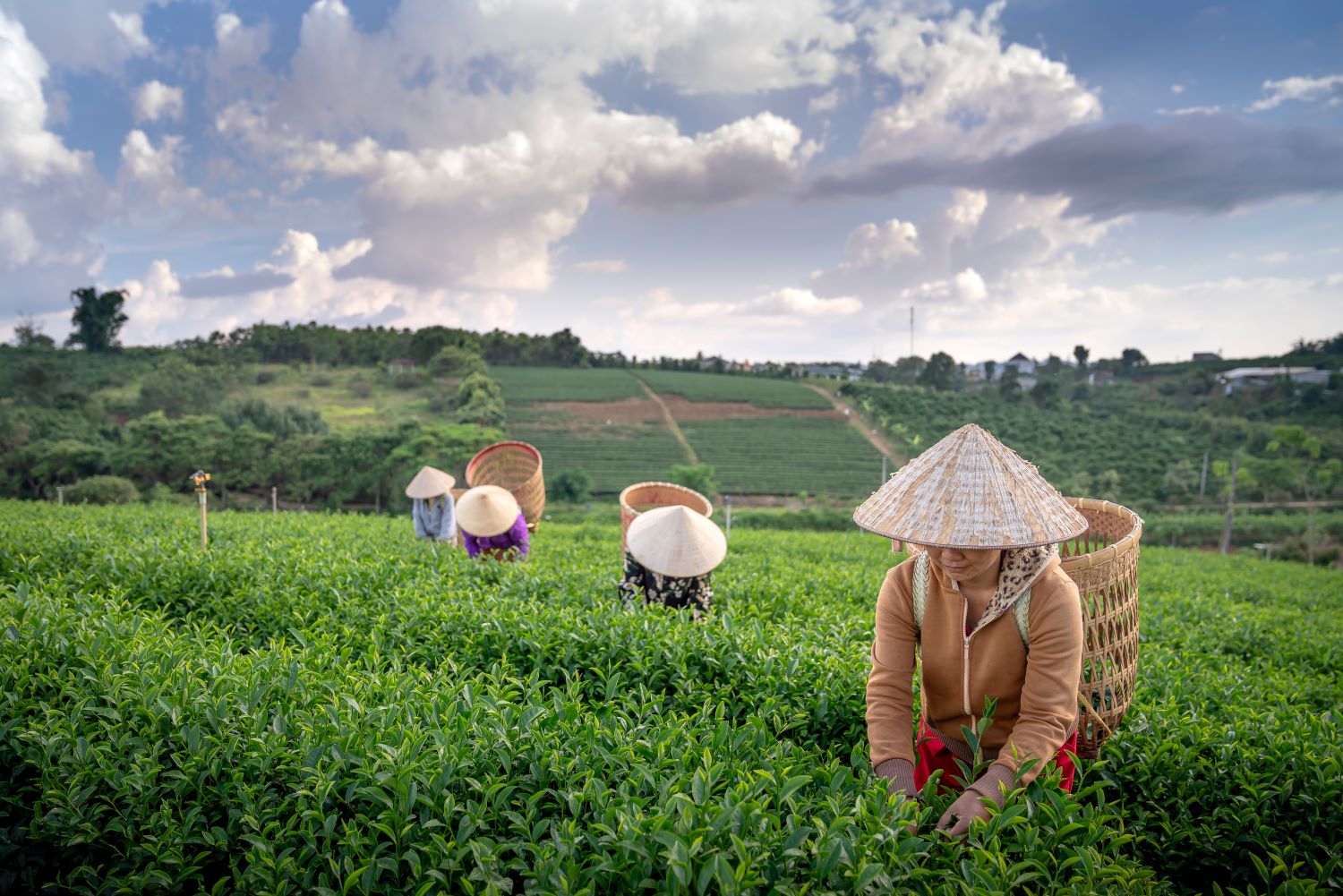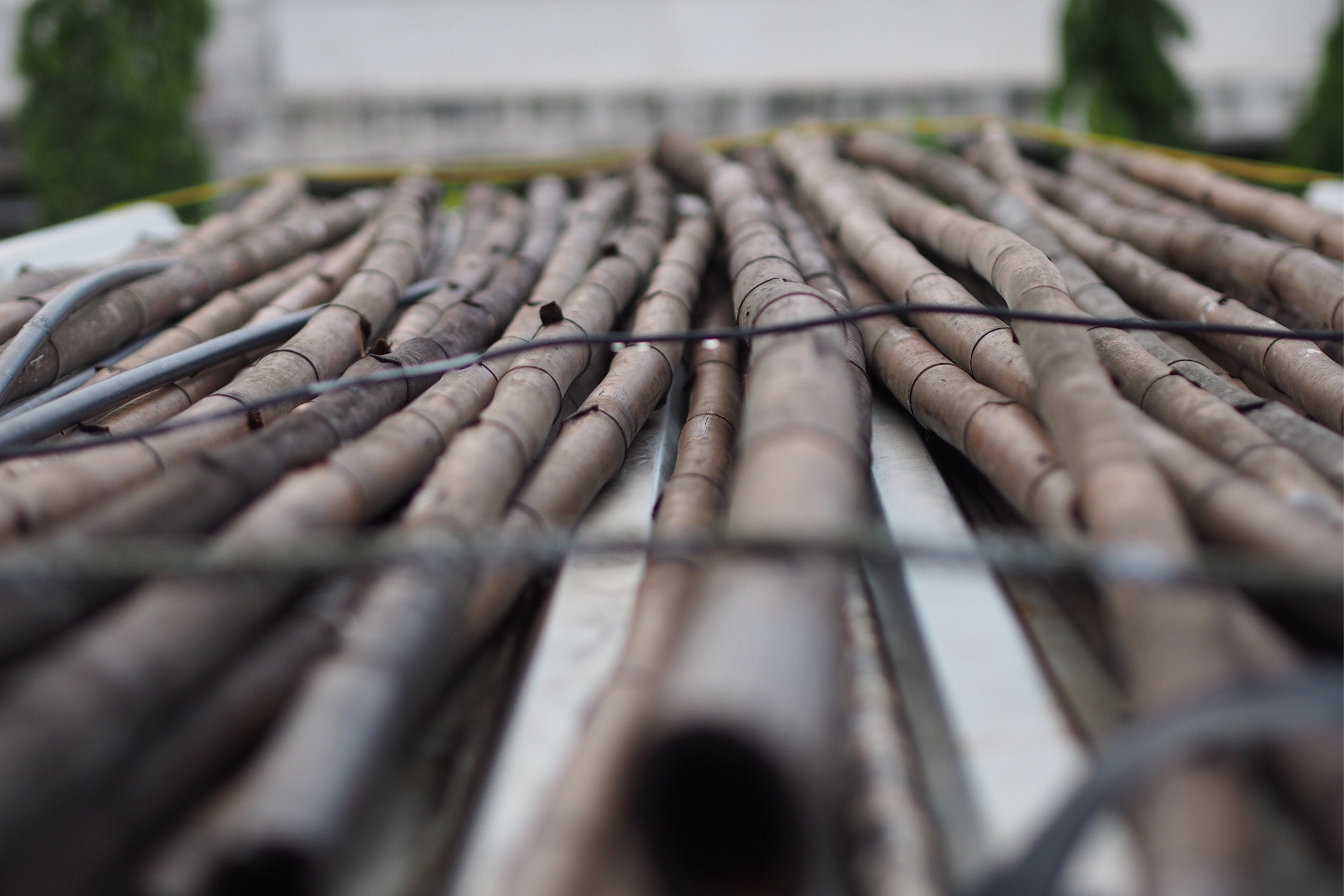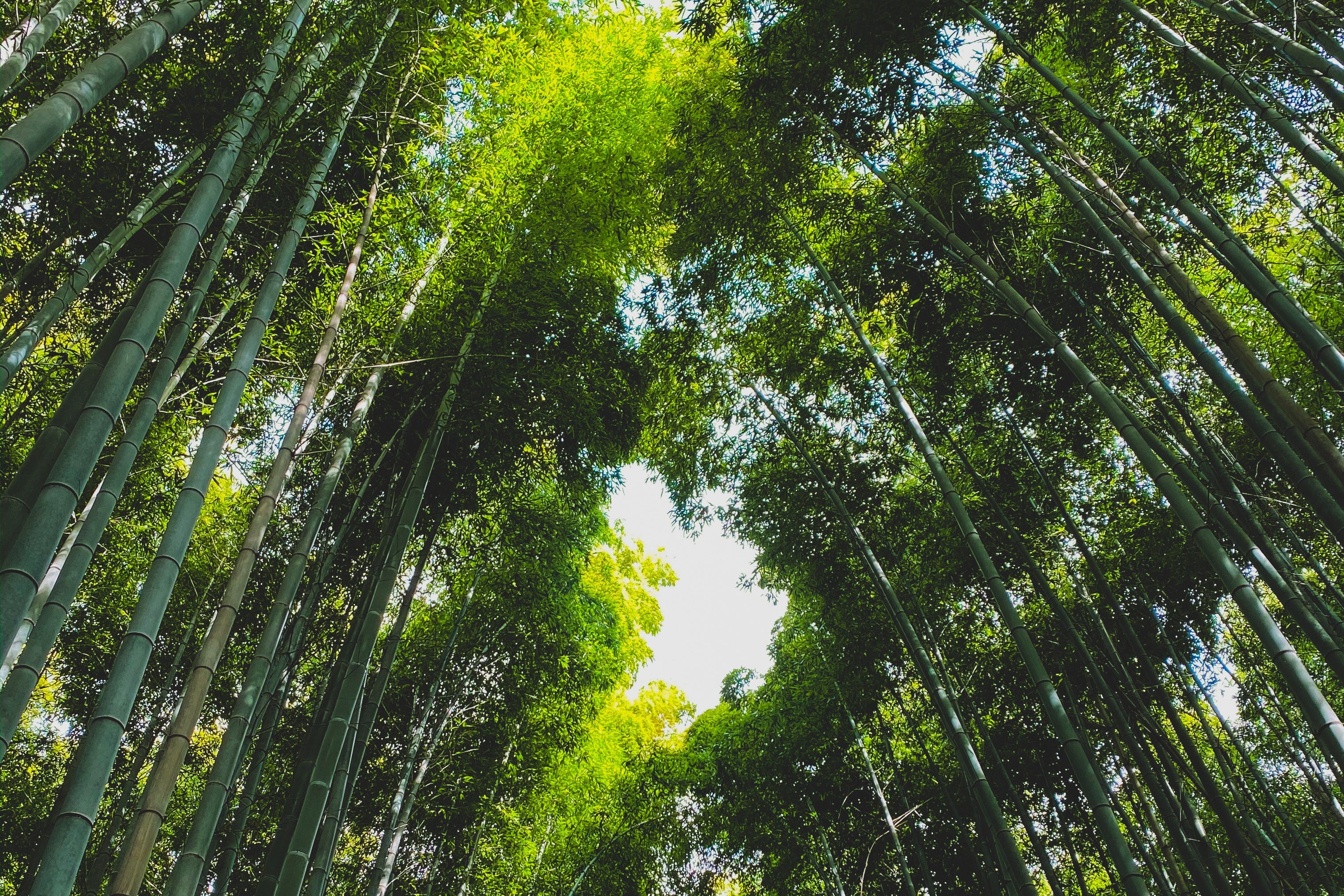Responsible husbandry of our planet’s natural resources is not a new concept: Native Americans tracking buffalo across the Great Plains and Inuit fishermen harvesting whales in the Arctic Ocean are just two among numerous examples of humans living in harmony with Nature.
Each culture relied upon sustainable practices and management of a plentiful asset to provide food, clothing, everyday tools and diverse material goods.
Today, we all find it very useful for a number of different applications, but there's still so much we don't know despite all that.
Let's start with the most basic of questions - what is it? Is bamboo a tree? No, it's a tree-like plant, as a matter of fact. It's closer to giant grass than a tree.
So let’s highlight five reasons why it’s time the environmental credentials of this underrated perennial grass species were properly appreciated.
Bamboo is a prolific resource
Bamboo grows incredibly quickly, so much so, it is believed to be the fastest growing plant on Earth. It doesn't even require chemicals or pesticides in order for it grow so rapidly.
Under optimal conditions, some bamboo species can grow at a world record speed of almost three feet per day, thus rocketing skyward at a rate of 0.00002 mph.

This evolutionary advantage means such plants reach maturity in just three to five years.
Once this is achieved, all rampant growth energy is immediately diverted back to the plant’s robust root system.
But the question remains - is bamboo sustainable? Absolutely. New bamboo shoots then emerge in clusters from thick bamboo rhizomes (underground stems) ready to begin another new growth cycle.
This makes bamboo a fantastically sustainable material, as re-growth occurs incredibly quickly. That's just one of the reasons why it's perfect for manufacturing easy dry towels.
Bamboo is ultra-adaptable
Bamboo is an indigenous plant found mainly in East and South East Asia as well as on many Pacific islands and tropical and subtropical sites in the Indian Ocean.
Here, bamboo seeds and young plant shoots have traditionally formed part of the plant-based diet, while the fine-grained silica substance (tabasheer) obtained from bamboo joints provides a trusted folk medicine.
Raw bamboo leaves make excellent fodder for cows, sheep and goats, and the plant’s strong fibres can be pulped to produce a smooth, high-quality paper which is easy to recycle.

In addition, bamboo can be made into hats, shoes, fishing rods, furniture and domestic utensils.
Bamboo's versatility is one of the many reasons that bamboo products are rapidly increasing in popularity.
Bamboo and green husbandry
In terms of cultivation, bamboo is the classic green resource.
Harvesting essentially stimulates growth and regeneration, with each cut stem simply sprouting fresh leaves.
Intensive cropping not only encourages rapid growth and greater yields, it is also the key to the health and sustainability of forest ecosystems.

If neglected, fast-growing bamboo can soon become an invasive species whose tall, luxuriant foliage impedes the growth of less vigorous forest trees and other green vegetation.
This deterioration reduces the range of birds and insects such forests can support, which has implications for sustainable biodiversity.
Bamboo and green technology
Though bamboo has been sustainably employed down the ages, environmental science continues to reveal new insights which spark fresh refinements and eco strategies.
For instance, bamboo has become a renewable and biodegradable alternative to plastic products, while scientists say the comparative tensile strength of a thick bamboo stem is 3-4 times that of steel.
This growing reputation as a ‘green steel’ component explains why bamboo, and composite ”plyboo” flooring, are becoming go-to materials for many sustainable construction projects.
Similar initiatives in the consumer domain mean modern bathrooms could be easily equipped with organic bamboo towels in all different sizes - from a hand or foot towel to bath sheets - toothbrushes and cotton buds.

Beyond sustainable towels, new production methods have created a whole range of bamboo-fibre textiles, such as socks, bedding, and ultra-comfortable fashionable shirts which are hard-wearing, breathable and very skin-friendly. Who said you need expensive bathroom accessories?
Families may also be aware bamboo is used to manufacture skateboards and bicycle frames.
Bamboo is good for the planet
On a global scale, bamboo brings ecological benefits at many levels.
Japanese climate scientists report that this colony plant absorbs around 12 tonnes of carbon dioxide per hectare per annum, while also releasing 35% more oxygen into the Earth’s atmosphere than trees.
Meanwhile, its dense network of strong, shallow roots can repair the degrading effects of overgrazing and promote soil stability, thus helping to combat landscape erosion and decreasing the chances of devastating flood damage.
In addition, bamboo is rich in silicate acid, making bamboo forests exceptionally flame-resistant, which significantly reduces the risk of catastrophic wildfires.

Responsible bamboo cultivation requires no complex fertilizers, making it an optimal solution for farmers in the developing world seeking a quick-growing cash crop which can thrive on marginal agricultural land.
We should also remember that sustainably-managed bamboo forest habitats help to maintain our planet’s biodiversity and are essential to secure the survival of endangered species such as wild giant pandas.
So next time your on the look out for sustainable products that are better for the environment, make sure you choose bamboo.

